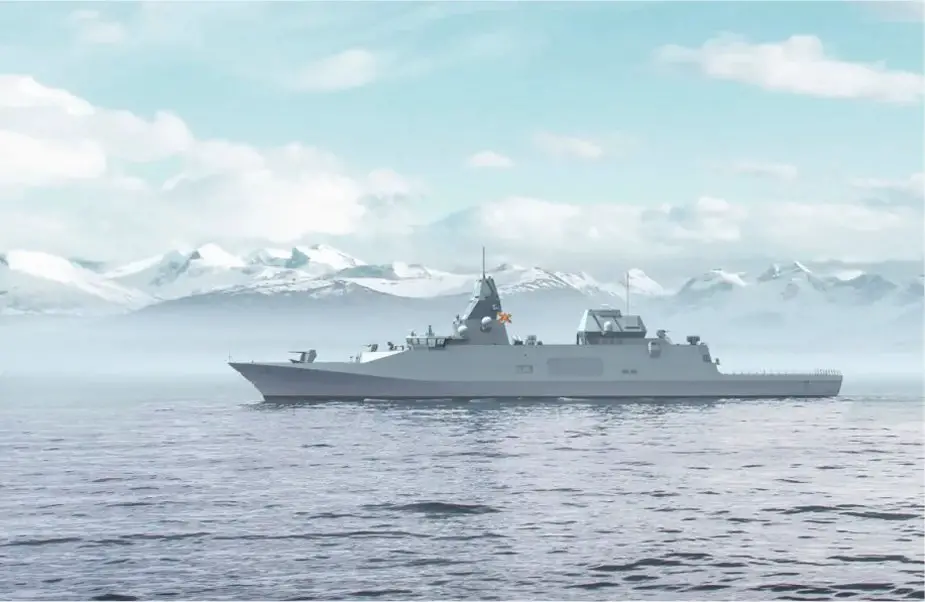Breaking news
Damen contracts RENK for Gearbox systems in Anti-Submarine Warfare frigates.
According to a PR published by Damen Naval on April 4, 2024, the Dutch firm has finalized an agreement with RENK to supply gearbox systems for a new class of Anti-Submarine Warfare (ASW) frigates.
Follow Navy Recognition on Google News at this link
 Artist rendering of the future Anti-Submarine Warfare frigates. (Picture source: Damen)
Artist rendering of the future Anti-Submarine Warfare frigates. (Picture source: Damen)
This deal is part of a project to build four frigates, with two destined for the Royal Netherlands Navy and two for the Belgian navy. The agreement encompasses the provision of eight gearboxes essential for the frigates' CODLAD (COmbined Diesel-eLectric And Diesel) propulsion systems, aimed at enhancing stealth and resilience in submarine warfare environments.
RENK's gearboxes have been chosen for their proven reliability and maintenance ease, drawing on experiences from other naval projects, including the German F125 and F126 frigates, the Italian FREMM, and the Korean FFX-III class. The first gearboxes are expected to be delivered by October 2025, and the first ASW frigate is scheduled for delivery by Damen Naval in 2028.
ASW frigates
The Anti-Submarine Warfare Frigate (ASWF) is a joint project between the Royal Netherlands Navy (RNLN, Dutch: Koninklijke Marine) and the Belgian Navy aimed at replacing the aging Multipurpose- or M-frigates. This initiative shares conceptual similarities with the British Global Combat Ship, although it is independently developed.
The M-frigates, originally constructed in the Netherlands and later partially distributed to Belgium, Portugal, and Chile, were intended to be retired around 2020. However, due to financial constraints stemming from budget cuts and significant investments in other defense programs like the F-35 for the Royal Netherlands Air Force, the replacement process has been delayed. Consequently, the operational lifespan of these ships has been extended to 2025, despite their increasingly outdated weapons systems posing compatibility issues with NATO standards.
The M-frigates' defensive and offensive capabilities are limited by outdated technology. They carry a small number of surface-to-air missiles using the NATO Sea Sparrow (RIM-7), incompatible with newer systems like the Evolved Sea Sparrow (Block 2). Their launch systems and the 76mm cannon are also incompatible with modern munitions, highlighting the need for an upgrade.
In response to these challenges and to reduce costs, the RNLN sought European partners for the ASWF project, resulting in a 2017 agreement with the Belgian Marine Component to build four ships jointly. This decision aims to share the financial and logistical burden of developing these new frigates. While the agreement initially plans for four ships, adjustments are possible as the project progresses.
The estimated cost for the new frigates is substantial, with the Dutch frigates projected to cost between 1.50 to 2.50 billion euros and the Belgian frigates around 1 billion euros. Delays have pushed back the expected service entry dates, with the first Dutch frigate now anticipated in 2029 and the Belgian counterpart in 2030, following revised timelines announced by the Dutch Ministry of Defense in March 2023.






















